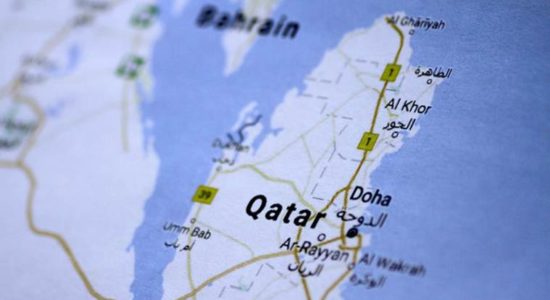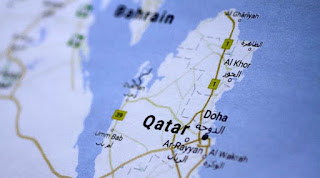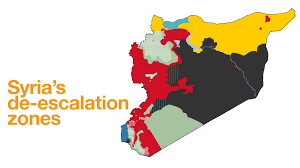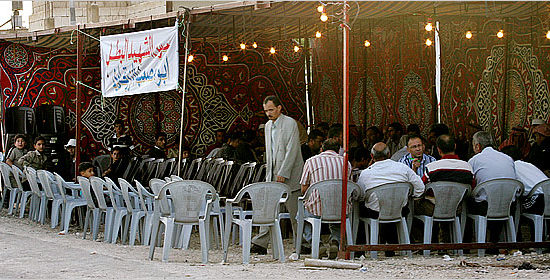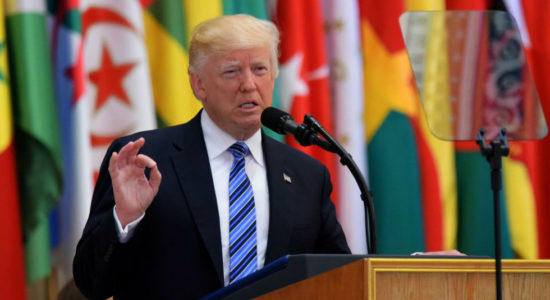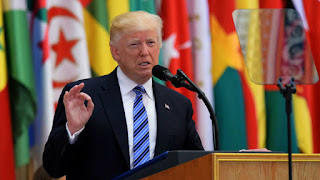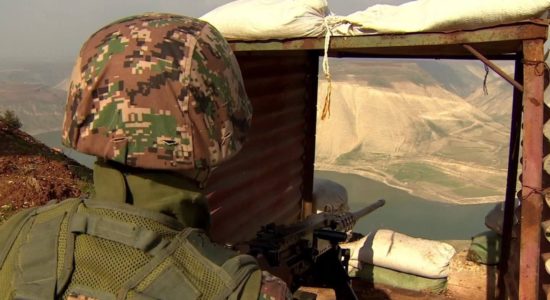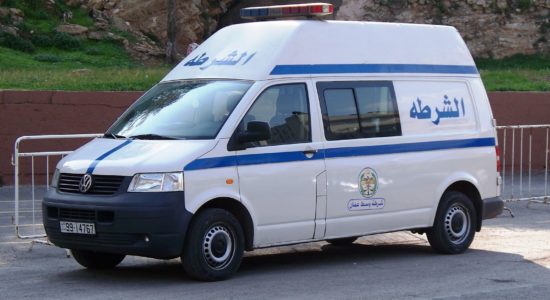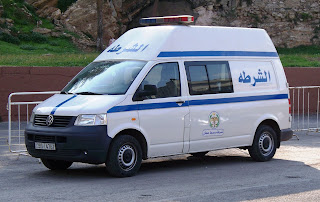More serious challenges are internal
Over recent months there have been questions about how Jordan has been invulnerable to any serious terrorist attacks, especially after the battles of Mosul and Raqqa. While there are many reasons why Jordan has not had a serious attack, there are also many signs that Jordan like any other country is not invulnerable and is indeed under real threat.
The Russo-American cooperation in the south of Syria has been a major factor in containing the threat of ISIS and protecting Jordan’s borders. However, the major security challenges Jordan faces are internal.
While on the surface the economy is the major challenge in Jordan, the underlying challenge is the lack of clear vision for the future of the country. If we compare Jordan’s development plans in the 1950s and 60s where we had national plans across major sectors, a well functioning bureaucracy and the creation of major institutions such as the University of Jordan, the Hussein Medical Center as well as radio and TV and sport city.
We have seen other major projects in more recent years, but we appear to have lost the national spirit and reinforcing national identity that comes with them. As part of this Jordanians have lost the feeling that their government represents them and that citizen dignity and respect is the priority of the system of government.
The loss of these sentiments is one of the major sources of discontent in Jordan. There is no denying that the socio-economic situation in Jordan represent big part of the problem, but the lack of narrative and clear direction for the future means people feel lost and confused.
In the absence of a national identity narrative, this vacuum is being filled by religious narratives that make people belong more and more to the past, making it more difficult to integrate and react positively to the present.
What Jordan needs today is a change in the political class, not in personnel, but how leaders and bureaucrats are thinking. Policies and plans should start thinking of collective efforts to achieve future goals. Jordanians need to discover their history to understand the value that their land represents and this would be the first step toward the change in mentality, behavior and how they interact with society.
Unfortunately, the policies of recent years have accumulated power in the hands of an inner circle in Amman, where most of the cities in Jordan have paid the price of being neglected at all levels. The main challenge today is how to reengage the youth so they feel they are part of this country, making them protagonists of change and development not antagonists of society. This cannot happen if the same people continue with the same approach, narratives and lack of vision that dominate the political scene at the moment.
Dr. Amer Al Sabaileh



